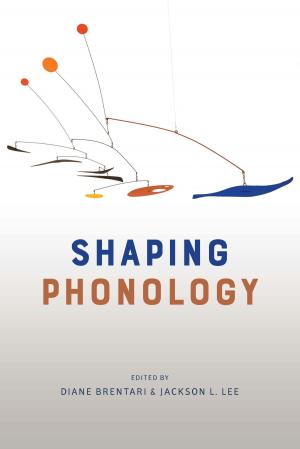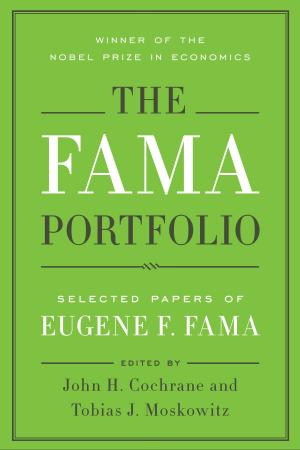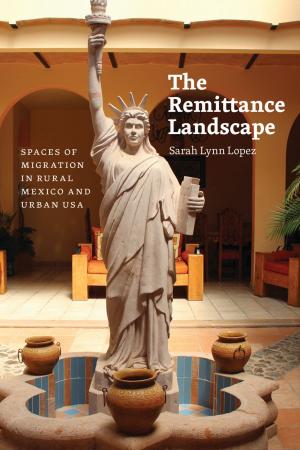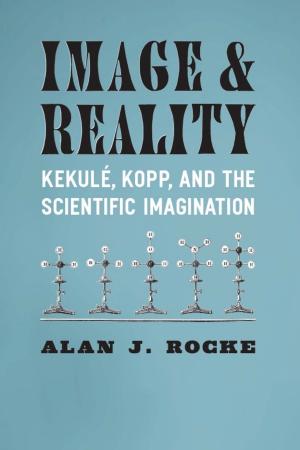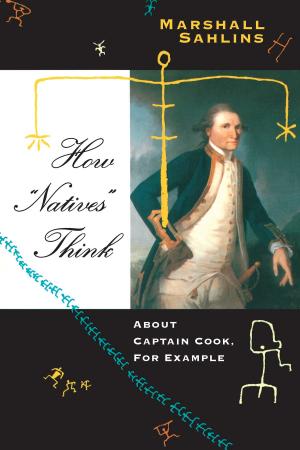Abundant Earth
Toward an Ecological Civilization
Nonfiction, Science & Nature, Science, Earth Sciences, Biological Sciences, Environmental Science| Author: | Eileen Crist | ISBN: | 9780226596945 |
| Publisher: | University of Chicago Press | Publication: | February 8, 2019 |
| Imprint: | University of Chicago Press | Language: | English |
| Author: | Eileen Crist |
| ISBN: | 9780226596945 |
| Publisher: | University of Chicago Press |
| Publication: | February 8, 2019 |
| Imprint: | University of Chicago Press |
| Language: | English |
In Abundant Earth, Eileen Crist not only documents the rising tide of biodiversity loss, but also lays out the drivers of this wholesale destruction and how we can push past them. Looking beyond the familiar litany of causes—a large and growing human population, rising livestock numbers, expanding economies and international trade, and spreading infrastructures and incursions upon wildlands—she asks the key question: if we know human expansionism is to blame for this ecological crisis, why are we not taking the needed steps to halt our expansionism?
Crist argues that to do so would require a two-pronged approach. Scaling down calls upon us to lower the global human population while working within a human-rights framework, to deindustrialize food production, and to localize economies and contract global trade. Pulling back calls upon us to free, restore, reconnect, and rewild vast terrestrial and marine ecosystems. However, the pervasive worldview of human supremacy—the conviction that humans are superior to all other life-forms and entitled to use these life-forms and their habitats—normalizes and promotes humanity’s ongoing expansion, undermining our ability to enact these linked strategies and preempt the mounting suffering and dislocation of both humans and nonhumans.
Abundant Earth urges us to confront the reality that humanity will not advance by entrenching its domination over the biosphere. On the contrary, we will stagnate in the identity of nature-colonizer and decline into conflict as we vie for natural resources. Instead, we must chart another course, choosing to live in fellowship within the vibrant ecologies of our wild and domestic cohorts, and enfolding human inhabitation within the rich expanse of a biodiverse, living planet.
In Abundant Earth, Eileen Crist not only documents the rising tide of biodiversity loss, but also lays out the drivers of this wholesale destruction and how we can push past them. Looking beyond the familiar litany of causes—a large and growing human population, rising livestock numbers, expanding economies and international trade, and spreading infrastructures and incursions upon wildlands—she asks the key question: if we know human expansionism is to blame for this ecological crisis, why are we not taking the needed steps to halt our expansionism?
Crist argues that to do so would require a two-pronged approach. Scaling down calls upon us to lower the global human population while working within a human-rights framework, to deindustrialize food production, and to localize economies and contract global trade. Pulling back calls upon us to free, restore, reconnect, and rewild vast terrestrial and marine ecosystems. However, the pervasive worldview of human supremacy—the conviction that humans are superior to all other life-forms and entitled to use these life-forms and their habitats—normalizes and promotes humanity’s ongoing expansion, undermining our ability to enact these linked strategies and preempt the mounting suffering and dislocation of both humans and nonhumans.
Abundant Earth urges us to confront the reality that humanity will not advance by entrenching its domination over the biosphere. On the contrary, we will stagnate in the identity of nature-colonizer and decline into conflict as we vie for natural resources. Instead, we must chart another course, choosing to live in fellowship within the vibrant ecologies of our wild and domestic cohorts, and enfolding human inhabitation within the rich expanse of a biodiverse, living planet.

